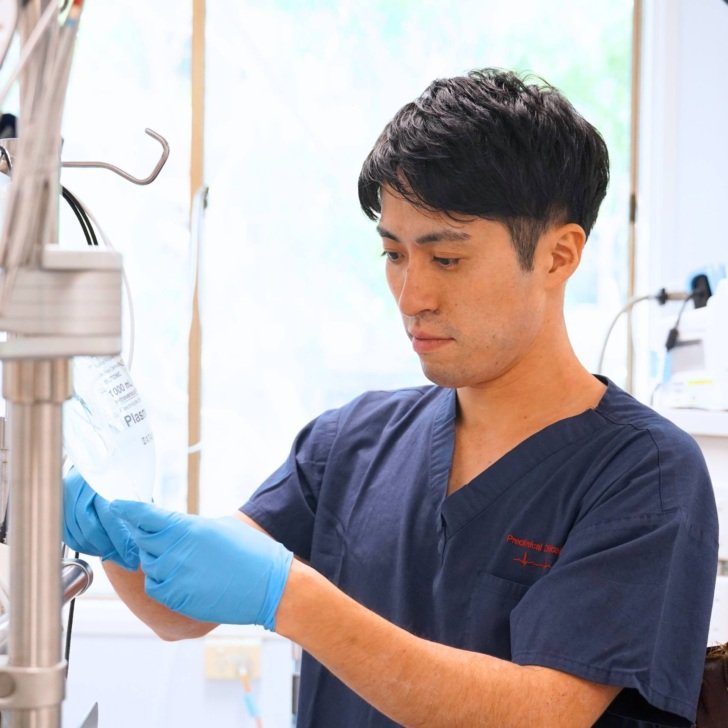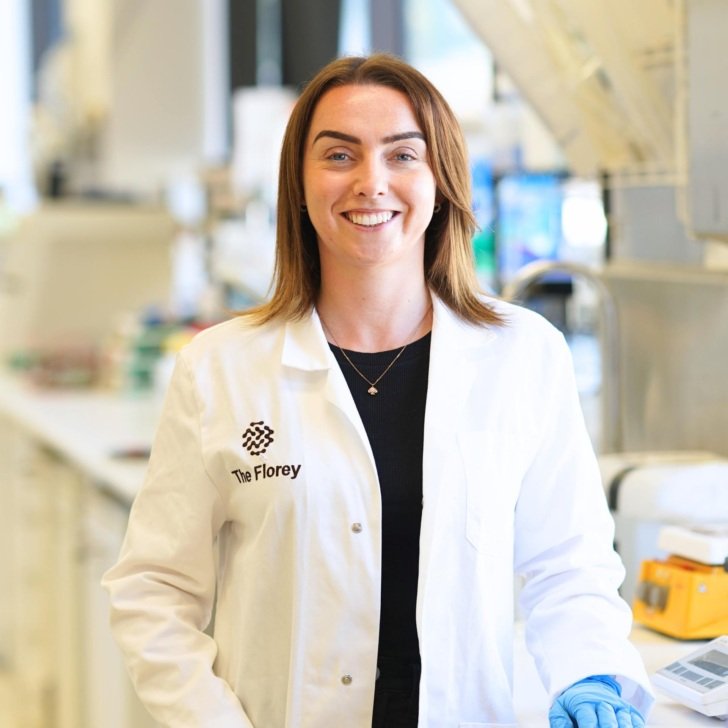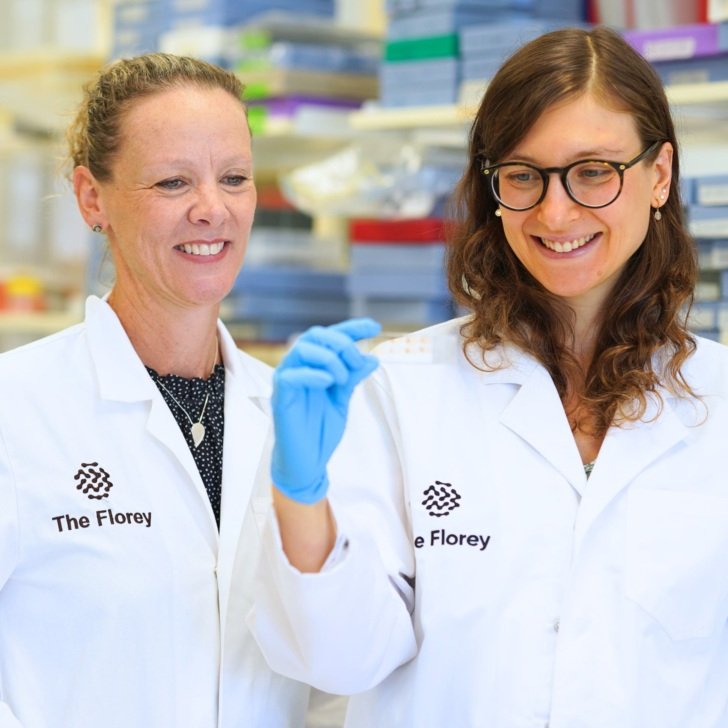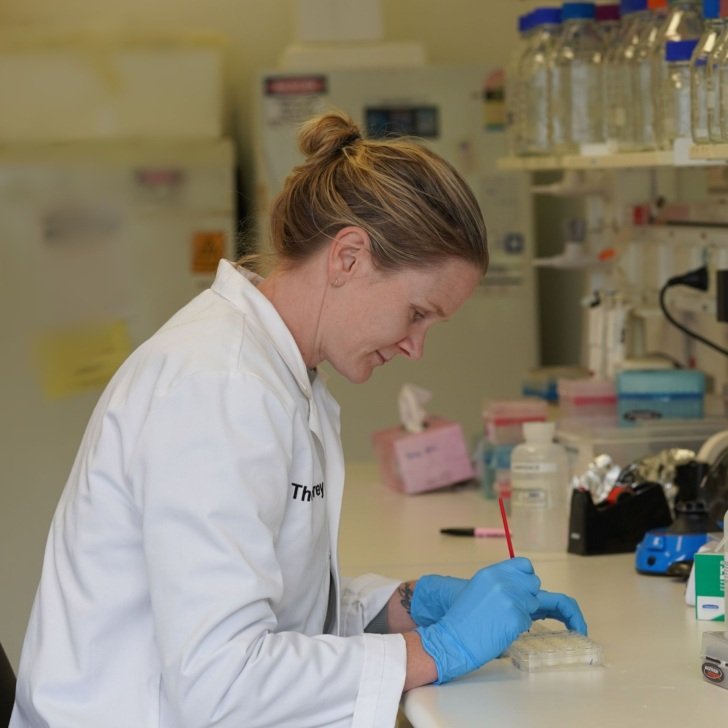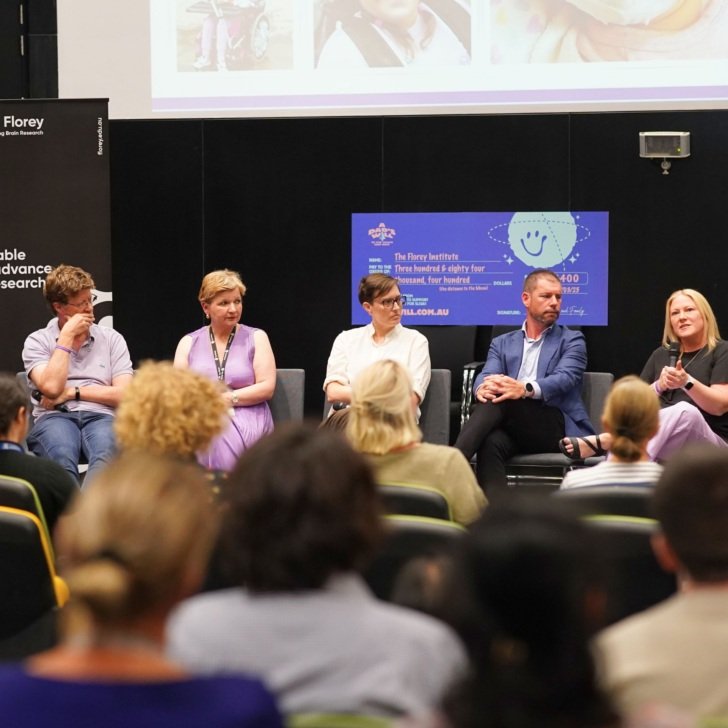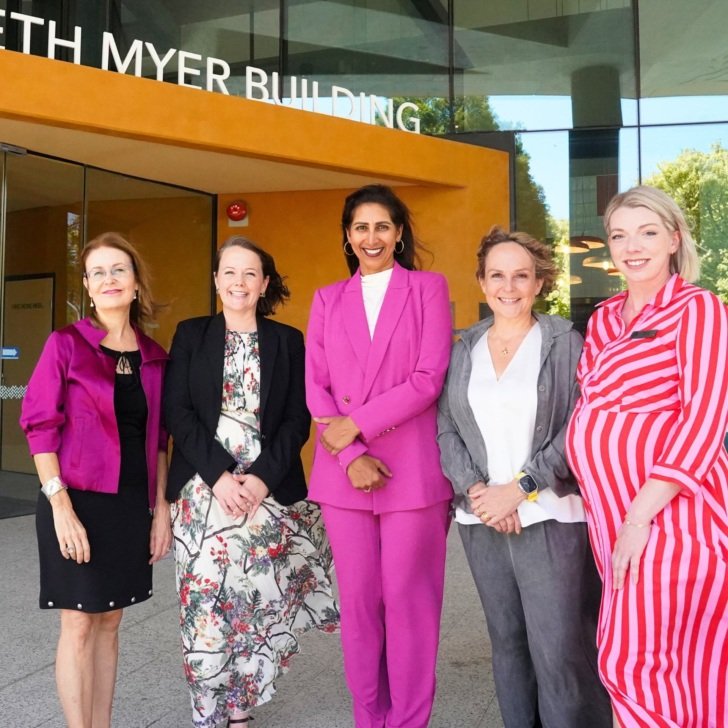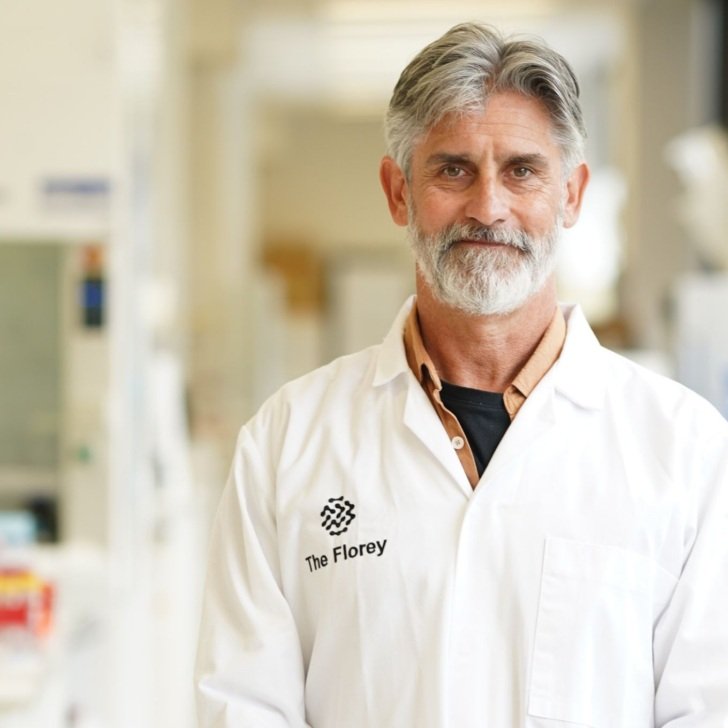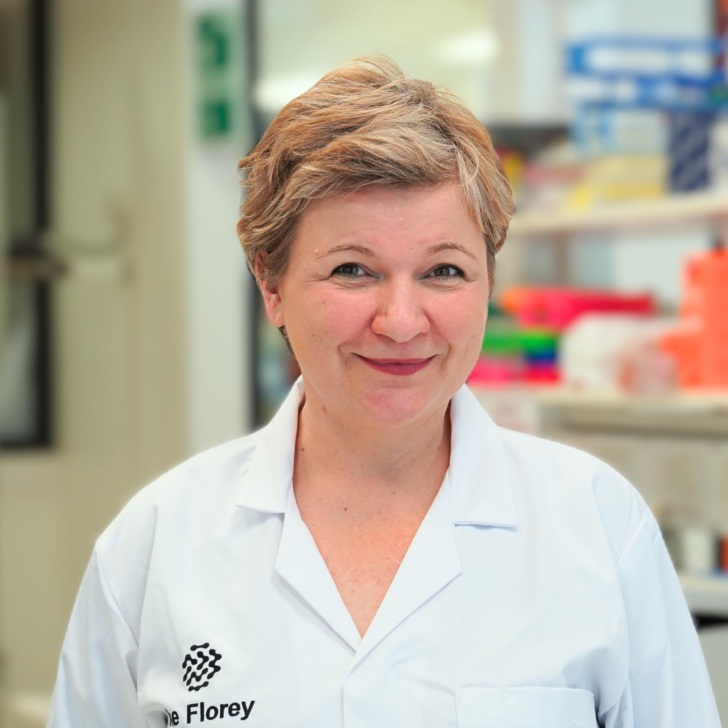- Professor Anne-Louise Ponsonby is a public health physician, epidemiology research pioneer and Head of The Florey’s Developing Brain research division. Renowned for her expertise in molecular epidemiology, she is on a mission to better prevent chronic disease and mental health disorders.
- Professor Ponsonby’s research tackles population-scale questions by investigating and building evidence on disease-contributing factors and understanding how they interplay in different diseases. This field of research, known as epidemiology, means her skills can combine with other research fields to investigate brain disorders and healthy development of brain structure and function.
A mission to prevent chronic disease and mental health disorders
Professor Ponsonby’s work so far has contributed to the way that researchers and health practitioners understand, treat and prevent conditions in many disease areas. It has informed Australian and international public health policies and preventative guidelines bringing benefits to people across the globe.
She is currently investigating key issues including possible adverse impacts of modern chemical exposure on brain development, child disorders such as autism, and how environments can contribute to multiple sclerosis onset and progression. Her goal is to not only generate new evidence in these disease areas but also contribute to better preventative activities at individual and population levels.
Professor Ponsonby demonstrates the power that epidemiological studies bring to understanding disease and converting research knowledge to primary disease prevention. In her investigations, Professor Ponsonby looks into the combined effects of environmental factors, underlying molecular pathways, genetics and the effectiveness of preventative interventions. Her approach transforms research into health outcomes.
Professor Ponsonby has helped transform research into health outcomes through the following guidelines:
- Safe sleeping in Sudden Infant Death Syndrome: The pioneering research that Professor Ponsonby was a part of in Sudden Infant Death Syndrome (SIDS) has lasting impacts today. She was Co-Principal Investigator of a large birth cohort study of over 10,000 infants, which generated new knowledge and guidelines for SIDS, including findings on safe sleeping positions and environments. In 2013, the Australian Bureau of Statistics marked a decline in SIDS incidence rates by 80% following these recommendations between 1990 and 2012.
- Vitamin D and sun exposure in multiple sclerosis: Professor Ponsonby has contributed to studies building evidence for the association between higher vitamin D levels and reduced risk of subsequent multiple sclerosis. This new key understanding was used to update international guidelines on vitamin D and sun exposure for people with multiple sclerosis or people at risk of developing the disease. Further to this research, clinical trials are in progress pursuing this area of investigation.
- Optimising early environment to reduce food allergy: The establishment of research evidence on infant nutrition and food allergy by Professor Ponsonby helped contribute to the update of Australian and international infant feeding guidelines. She is pursuing additional research in infant nutrition aiming to identify healthy gut microbes that may benefit the immune system in pregnant women and infants.


